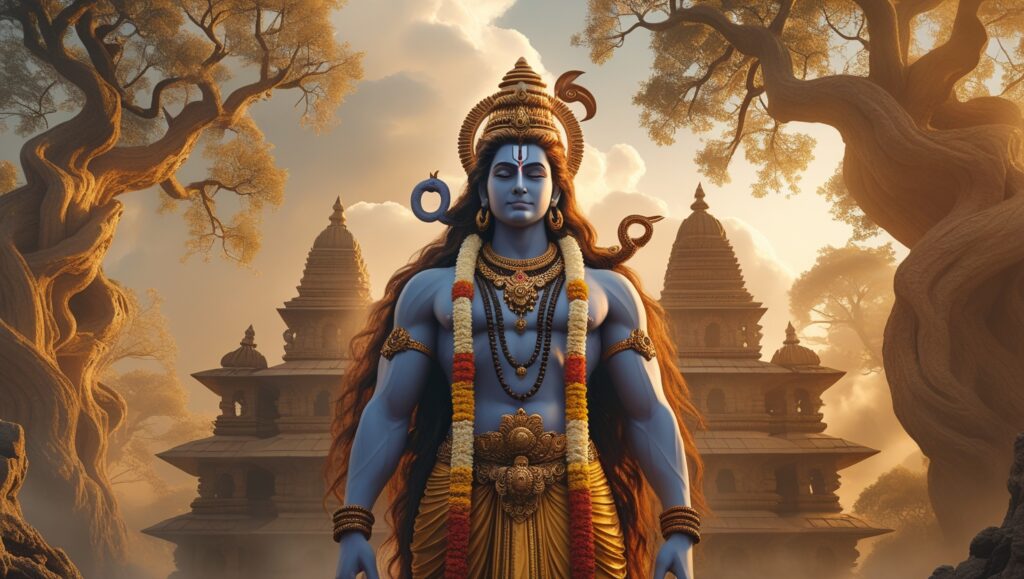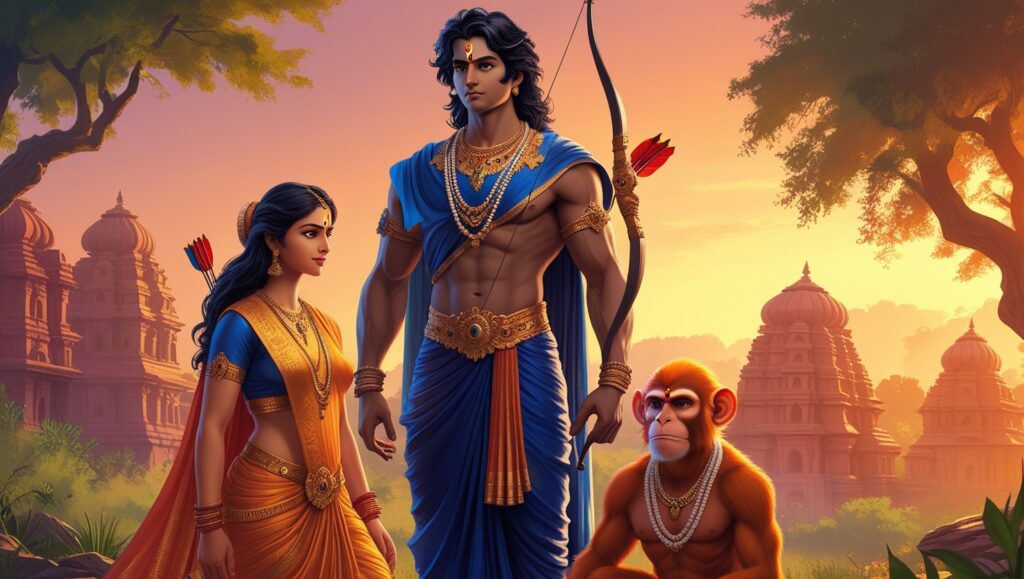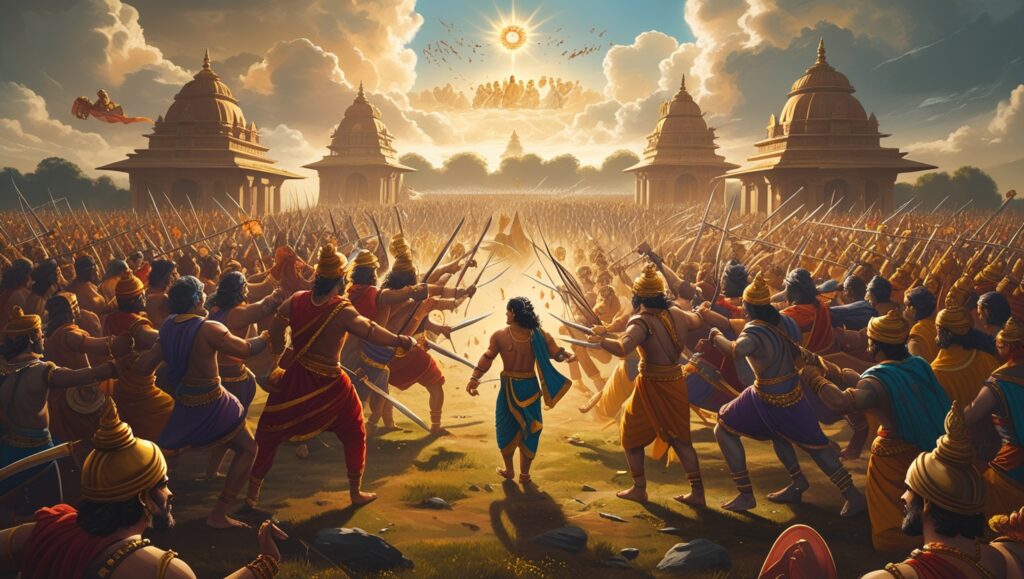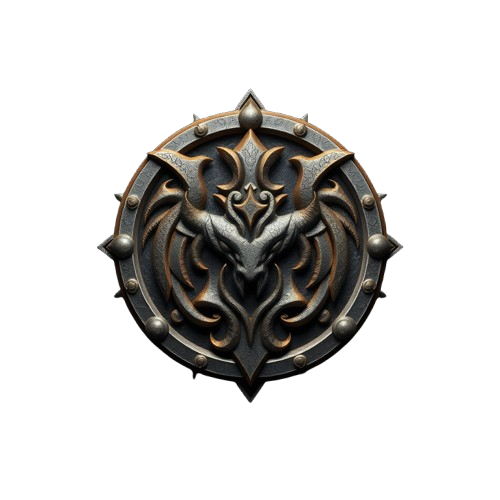Introduction

Hindu mythology is one of the world’s oldest and richest spiritual traditions, filled with epic tales of gods, demons, and cosmic battles that reveal deep philosophical truths. From the Vedas and Puranas to the Mahabharata and Ramayana, these stories shape the beliefs of over 1.2 billion Hindus worldwide.
In this 3,000-word guide, we’ll explore:
✅ The Origins of Hindu Mythology – How it evolved over millennia.
✅ Major Gods & Goddesses – Shiva, Vishnu, Devi, and more.
✅ Greatest Legends – The Ramayana, Mahabharata, and hidden gems.
✅ Symbolism & Philosophy – What these myths truly mean.
✅ Modern Relevance – Why these stories still matter today.
1. The Origins of Hindu Mythology
A. The Vedas (1500–500 BCE)
The oldest Hindu scriptures introduce early deities like:
- Indra (God of Thunder)
- Agni (God of Fire)
- Varuna (God of Cosmic Order)
B. The Puranas (300–1500 CE)
These texts expand the mythology with:
- Shiva’s cosmic dance (Tandava)
- Vishnu’s 10 Avatars (Dashavatara)
- Devi’s battle against Mahishasura
C. The Epics – Ramayana & Mahabharata
These longest poems in history teach dharma (duty), karma (action), and moksha (liberation).
2. Major Gods & Goddesses
| Deity | Role | Symbolism |
|---|---|---|
| Brahma | Creator | Four heads = Four Vedas |
| Vishnu | Preserver | Chakra = Cosmic Order |
| Shiva | Destroyer | Third Eye = Wisdom |
| Devi (Durga/Kali) | Divine Feminine | Shakti = Power |
| Ganesha | Remover of Obstacles | Elephant Head = Wisdom |
3. Greatest Hindu Myths & Legends
A. The Ramayana – The Ideal Life

- Plot: Prince Rama rescues Sita from Ravana.
- Moral: Duty (dharma) over desire.
B. The Mahabharata – The Great War

- Key Lesson: Bhagavad Gita’s teachings on karma yoga.
- Hidden Fact: The epic has 100,000+ verses (10x longer than the Bible).
C. The Churning of the Ocean (Samudra Manthan)
- Purpose: Gods & demons seek amrita (immortality nectar).
- Outcome: Emergence of Lakshmi, Vishnu’s Kurma avatar, and poison (halahala).
4. Symbolism & Philosophy in Hindu Myths
A. Dharma vs. Adharma
- Example: Yudhishthira’s truthfulness vs. Duryodhana’s greed.
B. The Cycle of Rebirth (Samsara)
- Concept: Souls reincarnate until achieving moksha (liberation).
C. Gods as Archetypes
- Shiva = Meditation & Destruction of Ego
- Krishna = Divine Love & Strategy
5. Hindu Mythology in Modern Culture
✔ Yoga & Meditation – Rooted in Patanjali’s Yoga Sutras.
✔ Festivals – Diwali (Rama’s return), Navratri (Durga’s victory).
✔ Pop Culture – Marvel’s “Eternals” (Inspired by Devi).
Conclusion: Why These Stories Matter
Hindu mythology isn’t just about gods—it’s a guide to life, teaching courage, wisdom, and balance. Whether you seek spiritual insight or cultural knowledge, these tales remain timeless.

3 thoughts on “5 Fascinating Facts About Hindu Mythology: Gods, Legends, and Timeless Wisdom”